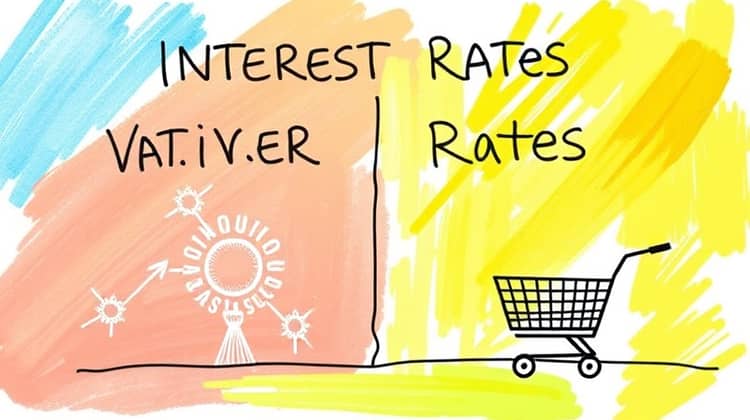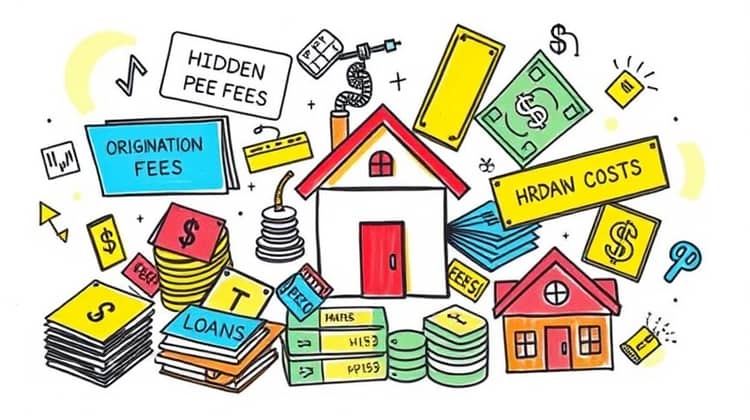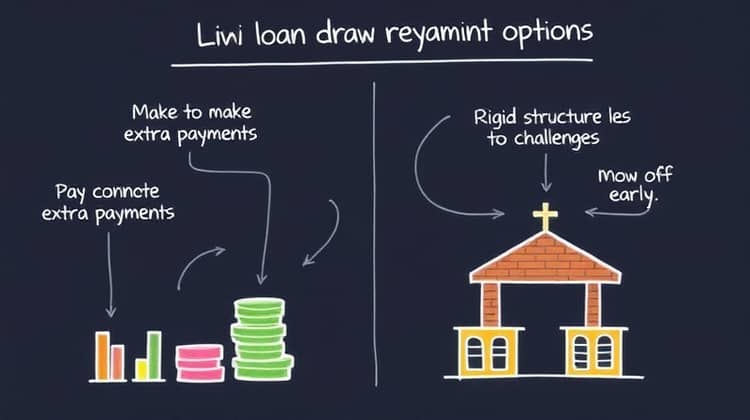When seeking a loan, whether for a home, car, or other personal needs, it's crucial to understand that different lenders offer various terms and conditions. Comparing loan offers can significantly impact your financial situation in the long run. A thorough examination of key factors will help you choose the best loan for your needs.
In this article, we will explore five essential factors to consider when comparing loan offers: interest rates, loan terms, fees and costs, repayment options, and the lender's reputation and customer service. By the end, you should feel more equipped to make an informed decision.
1. Interest Rates

Interest rates play a pivotal role in determining how much you will pay over the life of a loan. A lower interest rate can result in significant savings, while a higher rate can inflate your repayment amounts substantially. Therefore, it is beneficial to shop around and compare rates from different lenders.
In many cases, interest rates can be fixed or variable. A fixed-rate loan maintains the same interest rate throughout the loan term, while a variable rate can fluctuate based on market conditions. Understanding these options will help you find a loan that suits your financial strategy.
- Fixed interest rate loans provide predictability.
- Variable interest rates can initially be lower but increase over time.
- Shop around for competitive interest rates.
- Check if the rates are annual percentage rates (APRs) or just the nominal interest rates.
- Consider how the interest rates align with your budget.
Choosing a loan with the most favorable interest rate is crucial; even a small difference can lead to significant savings over the loan's lifetime. Thus, this factor warrants careful consideration before making a commitment.
2. Loan Terms

Loan terms refer to the length of time you have to repay the loan. They can range from a few months to several years, depending on the type of loan and lender. Understanding the loan term is essential because it influences your monthly payment and the total interest paid over time.
Shorter loan terms typically result in higher monthly payments but less interest accrued over time, whereas longer terms offer lower payments but can increase the total interest significantly. Understanding what suits your budget and financial goals is crucial when evaluating loan terms.
- Shorter terms may save on interest overall.
- Longer terms can offer more manageable payments.
- Consider how much you can afford in monthly payments.
- Look into the possibility of refinancing in the future.
Selecting the right loan term is vital in aligning with your financial capabilities while adhering to your long-term goals. Therefore, take time to analyze how each option impacts your budget.
3. Fees and Costs

Fees and costs associated with obtaining a loan can significantly impact the overall expense. Costs like origination fees, application fees, and others can add up and change the effective cost of the loan beyond just interest rates. Being aware of these fees helps you avoid unexpected financial burdens.
It is imperative to inquire about any hidden fees that some lenders might impose. Often, these fees can be negotiable or avoided, depending on the lender's policy.
- Application fees may be charged before processing your loan.
- Origination fees are common for many loans.
- Prepayment penalties can apply if you pay off the loan early.
- Closing costs in mortgages can be substantial.
Being thorough in examining all fees and costs ensures a clearer understanding of the actual amount you will pay for the loan, which is essential for your financial planning.
4. Repayment Options

Repayment options outline how and when you need to pay back your loan. Understanding the various repayment structures available can significantly influence your ability to manage your finances effectively during the loan term.
Some loans offer flexible repayment options, allowing you to make extra payments or pay off the loan early without penalties. Others might have rigid structures that could lead to challenges in repayment, especially in difficult financial situations.
5. Lender’s Reputation and Customer Service

The reputation of the lender you choose is just as important as the loan's terms. A lender with a good reputation typically has a history of transparency, reliability, and excellent customer service. Researching and reading online reviews can shed light on the experiences of other borrowers.
Customer service can make or break your borrowing experience. Having access to responsive support and advice can alleviate stress and lead to better financial decisions throughout the loan term.
- Research online reviews and customer testimonials.
- Check the lender’s rating with the Better Business Bureau.
- Seek recommendations from friends or family who’ve borrowed from a lender before.
- Inquire about the responsiveness of customer service during your search.
Putting in the effort to understand a lender's reputation and service quality could prevent headaches and lead to a smoother borrowing process.
Conclusion

Comparing loan offers is not just about selecting the one with the lowest interest rate. By considering factors like loan terms, fees, repayment options, and lenders' reputations, borrowers can make informed decisions that align with their financial circumstances and goals.
Ultimately, choosing the right loan requires thorough research and careful evaluation of various factors. This approach will save you money and enhance your overall borrowing experience.














